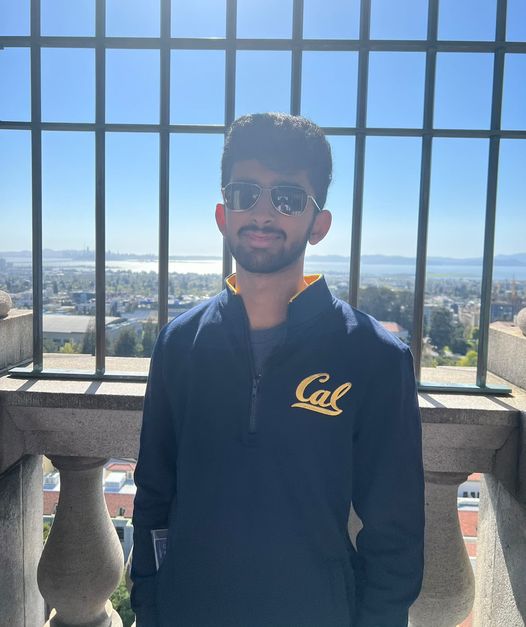Course Spotlight: UGBA 196.1, M.E.T. Introductory Topics
When I applied to the Management, Entrepreneurship, and Technology Program here at UC Berkeley, I remember the most difficult part of writing the supplemental essay was concretely writing about the M.E.T. Special Topics Course that all freshmen must take as part of the program. More specifically, I wondered: what are the course topics? What makes the course exciting? How do students apply the material to their life? Ever since starting my freshman year, I’ve been actively reflecting on the purposes and goals of the course in order to provide more insight into the M.E.T. experience. I seek to provide clarity on these questions in the following blog.

From a high level, there are two key themes covered in this course: “Understanding and Managing Technological Innovation” as well as “Translating Emerging Technologies into Commercial Applications.” I’ll speak mostly about the first theme since that’s what we have covered so far in the past 10 weeks. In class, we reflect on topics ranging from the nature of technological innovation to strategic management to technology policy and regulation. The course balances the abstract knowledge necessary to analyze businesses with practical analysis to provide strategic plans for contemporary companies. While we have readings on theoretical frameworks that analyze a business’s current position and capabilities such as Porter’s five forces or stakeholder analysis, we complement each topic with insightful articles and podcasts. These include analyzing how Netflix will pivot to deal with Disney’s meteoric rise in video-streaming technologies, how Tesla’s innovations are transforming the automotive industry, or how Stripe will expand its existing capabilities by serving as a lending institution. The speaker series is also something to look forward to since I’ve been able to actively interact and ask questions with technology leaders from companies like Blue Origin or organizations like The Progressive Policy Institute.
Even though I have to wake up in the morning at 8 AM, I absolutely love how the course challenges the cohort to generate unique insights about the current technological landscape. One of the most fascinating lectures was on global research and development and innovation where we compared the innovation environment in Japan with Toyota, Korea with Samsung, and China with Tiktok. As a group, we learned about how research and development isn’t just an isolated unit of a company–it is a function of the regional environment, cultural norms, and government regulation. In addition to in-class conversations with the cohort, we are split into teams to develop a presentation on a corporate project, where we provide strategic plans given the industry, competitors, key trends, implications of technological change, and several other determinants of competitive success.
Beyond the class, I have been able to actively apply the course concepts in my life. As an avid hackathon competitor, I love rapidly prototyping new applications to solve real-world problems. Utilizing course concepts, I analyze applications through the lens of an end-user. Considering elements such as the user’s journey, stakeholder analysis, and sustainable competitive advantage has allowed me to develop hackathon creations with a much more holistic perspective.
It is an incredibly exciting time to be part of the M.E.T. program, and I sincerely hope that I helped you if you’re considering applying! Feel free to contact me at [email protected]


